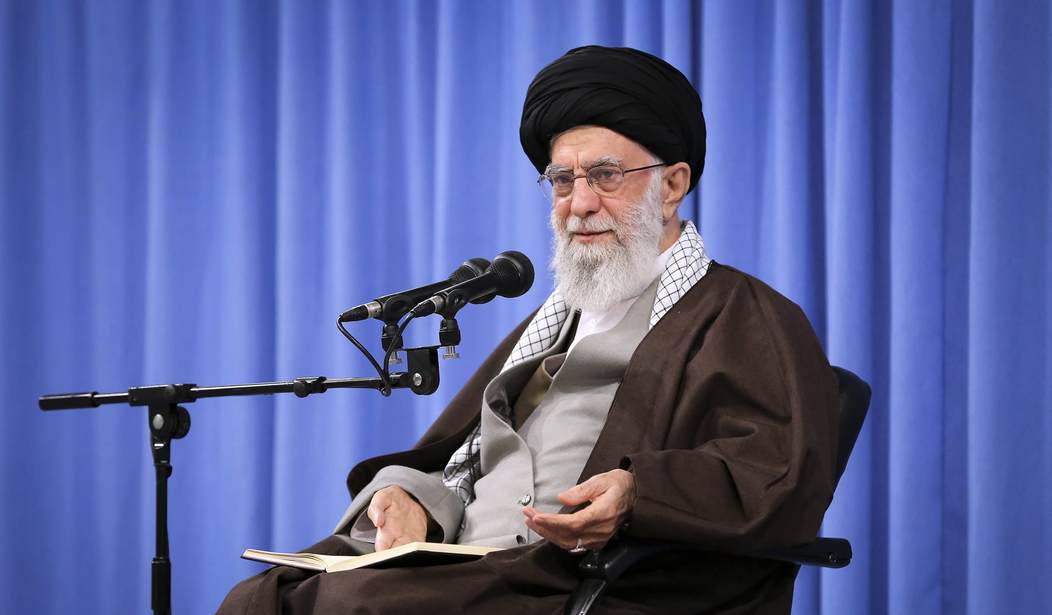The news is grim all over the world: war, famine, pestilence (kind of), and inflation aplenty. In fact, there are only two bits of good news to cheer us up.
First, the Major League Baseball lockout is over, just in time for the season to start. I realize that for many Americans today, this news carries as much import as the weather report. But to those of us who follow the game, it’s a huge relief. Otherwise, we sports fanatics would have had to watch NBA summer league basketball or, heaven forbid, soccer.
Maybe the new pro football league, the USFL, will be able to distract us
Of lesser import but equally cheering, the talks between Iran and the West on how fast they get to build their nuclear bomb are near collapse.
The Iran nuclear talks are on the precipice of collapse over last-minute Russian demands for sanctions protection, according to two diplomats.
Negotiations have reached an impasse over the Russian requests, diplomats said, imperiling the revival of a 2015 landmark deal under which Iran limited its nuclear ambitions in exchange for sanctions relief.
Russia is requesting that any return to the agreement include guarantees that any future Russian business with Iran be exempt from EU and U.S. sanctions — a late curveball from Moscow in response to the crippling penalties the country is facing over its invasion of Ukraine.
A pause in #ViennaTalks is needed, due to external factors.
A final text is essentially ready and on the table.
As coordinator, I will, with my team, continue to be in touch with all #JCPOA participants and the U.S. to overcome the current situation and to close the agreement.
— Josep Borrell Fontelles (@JosepBorrellF) March 11, 2022
The final draft of a new agreement is already finished and on the table, ready to be signed. But the Europeans are not about to let Russia off the hook via a back-door deal with Iran.
But negotiators from the other world powers involved — including the U.S., U.K., France, Germany and China, as well as senior EU diplomats — can’t find a way to accommodate the demands, diplomats said. So after 11 months of intermittent negotiations in Vienna, talks will take a break to allow for bilateral conversations between Iran and Russia over the situation. Iran seems eager to close the deal, given the potential revenue it can gain from exporting its oil with prices now soaring and its need for sanctions relief.
Indeed, the EU and the U.S. are having a hard time figuring out how to please Russia so that they take most of that highly enriched uranium (HEU) off Iran’s hands — at least, temporarily. But what Russia wants is to do an end-around on the sanctions, making an exception in the case of their trade with Iran.
Moscow is concerned about the expected influx of Iranian oil into the market after a restored nuclear deal, which would create competition for Russian oil and ease energy prices, potentially enabling the West to impose more sanctions on Russia over its Ukraine assault.
A deal is still possible without Russia, but should the U.S. and the West agree to give China all that fissile material for “safekeeping”? Another option is Khazikstan as a repository for Iranian HEU, but there is very little confidence that the HEU would be as secure as it should be.
Iran may view the delay suspiciously — something they are well-practiced in doing. But their motivation to end the sanctions regime is strong, and that may give the West the room they need to paper over their differences with Russia and complete a deal.










Join the conversation as a VIP Member